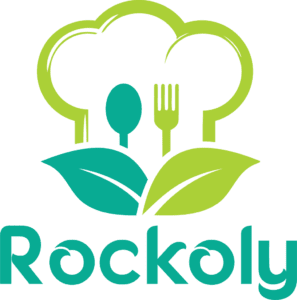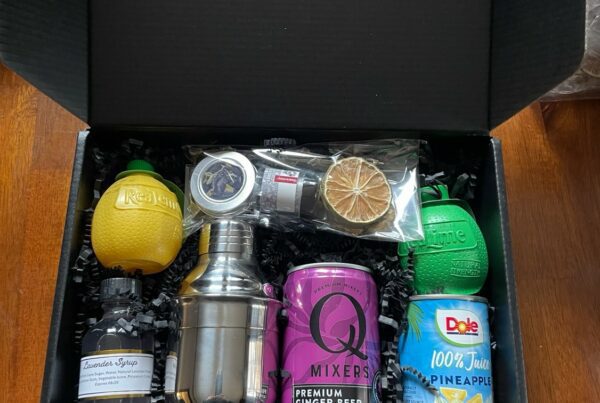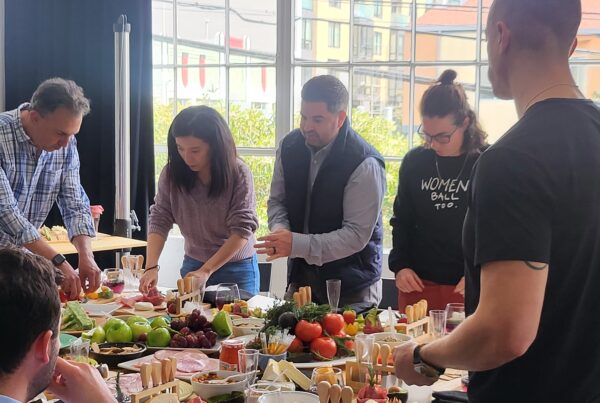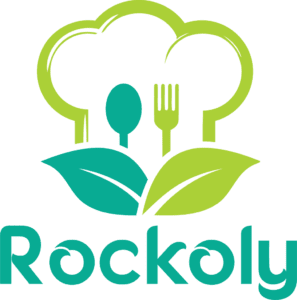Effective team-building workshops help team members build stronger connections, develop better communication skills, and work collaboratively towards common goals. These workshops can take many forms, from outdoor team-building exercises to indoor group discussions and brainstorming sessions. Regardless of the format, the critical goal of a team-building workshop is to foster a positive and productive team environment that encourages collaboration, creativity, and innovation.
Effective team-building workshops are an essential component of building strong and successful teams. By promoting conflict resolution and collaboration, these workshops can help team members develop the skills and mindset they need to work effectively together and achieve their goals.
Understanding Conflict at the Workplace
Conflict is a natural part of any human interaction and is no different in the workplace. In a team setting, conflicts can arise from differences in opinion, work styles, personalities, values, and goals. Understanding conflict and its impact on team dynamics is essential to address it and effectively promoting healthy team relationships.
Conflict can be defined as a disagreement or struggle between two or more parties with opposing interests or needs. It can manifest in different forms, from verbal disagreements and misunderstandings to more severe disputes that can escalate into negative behaviors, such as bullying or harassment.
Common Causes of Conflict at Workplace
Common causes of conflict in a team can include differences in work styles, competing goals and priorities, communication breakdowns, personality clashes, power struggles, and lack of clarity around roles and responsibilities. Team members and leaders must recognize the warning signs of conflict and address them proactively to prevent it from escalating into more severe issues.
The Negative Impact of Conflict on Team Performance
The negative impact of conflict on team performance can be significant. Conflict can lead to reduced productivity, increased stress and tension among team members, decreased job satisfaction, and higher absenteeism and turnover rates. In severe cases, it can also lead to toxic work environments where team members cannot work effectively together.
Importance of Addressing Conflict in Team Building Workshops
Addressing conflict in team-building workshops is essential to creating a healthy and positive team environment. Team building workshops can give team members the skills and tools to constructively and positively navigate conflicts. They can also help team members develop empathy, active listening skills, and other vital attributes promoting effective communication and collaboration.
Collaboration in Team-Building
Collaboration is an essential element of effective team building, as it helps to promote a positive and productive team environment. Collaboration in team building refers to working with other team members to achieve a common goal. Collaboration involves a collective effort where team members contribute their skills, knowledge, and expertise to achieve a shared outcome. Collaboration in team building refers to working with other team members to achieve a common goal.
Benefits of Collaboration in Team Building
There are many benefits of collaboration in team building. By working together, team members can leverage each other’s strengths and expertise, leading to increased innovation and creativity. Collaboration can also help to promote open communication, where team members freely share their ideas and perspectives, leading to more effective problem-solving and decision-making. Additionally, collaboration can help promote a sense of shared purpose and responsibility, leading to increased job satisfaction and motivation.
How Collaboration Can Help Resolve Conflicts In A Team
Collaboration can also help to resolve conflicts in a team. By encouraging open communication and a willingness to listen to different perspectives, collaboration can help team members to identify and address the root causes of conflicts. Through collaboration, team members can work together to find mutually beneficial solutions that promote understanding and respect among team members. Collaboration can also help to build stronger relationships within the team, as team members work together to achieve common goals.
In summary, collaboration is an essential element of effective team building. By promoting open communication, shared purpose, and a collective effort, collaboration can lead to increased innovation, productivity, and job satisfaction. Collaboration can also help resolve team conflicts by promoting understanding and respect among team members. By incorporating collaboration into team-building workshops and activities, teams can build stronger relationships, work more effectively together, and achieve their goals more efficiently.
Critical Components of Effective Team Building Workshops
Effective team-building workshops should incorporate key components to promote successful outcomes. The following are some essential components of a team-building workshop:
Setting clear goals and objectives: The team building workshop should have clear goals and objectives that align with the team’s or organization’s overall objectives. The goals should be specific, measurable, achievable, relevant, and time-bound (SMART).
Creating a comfortable and safe environment: It is essential to create a comfortable and safe environment that encourages open communication, trust, and respect among team members. The environment should promote an atmosphere of inclusivity, where team members feel valued and appreciated.
Encouraging active participation from team members: Active participation is crucial to the success of team-building workshops. Encouraging team members to share their ideas, thoughts, and perspectives can help to promote open communication and collaboration.
Examples of Collaborative Activities for Team Building Workshops
Collaborative activities are a crucial component of effective team-building workshops, and many activities can be used to promote collaboration among team members. Here are a few examples of collaborative activities for team-building workshops:
Group problem-solving exercises: Problem-solving exercises are a great way to encourage collaboration among team members. For example, you could present the team with a complex problem or challenge and ask them to work together to find a solution. The team members could work in small groups or as a whole team to brainstorm solutions and devise a plan of action.
Role-playing scenarios: Role-playing scenarios are another effective way to promote collaboration and conflict resolution. The team members could be presented with a hypothetical scenario that requires them to work together to resolve a conflict or challenge. Each team member could take on a different role and work together to find a solution that benefits everyone.
Team-building games: Team-building games are a fun and engaging way to promote collaboration and communication among team members. For example, you could organize a scavenger hunt or a team-building exercise that requires team members to work together to solve a puzzle or complete a task.
Discussion forums are another effective way to encourage collaboration and open communication among team members. The team members could be presented with a topic or issue and use the forum to share their ideas and perspectives. This can help to promote understanding and respect among team members and encourage them to work together more effectively.
Conclusion
Effective team-building workshops are an essential component of building strong and productive teams. This blog discussed the importance of conflict resolution and collaboration in team building and the critical components of effective team-building workshops. We also provided examples of collaborative activities that can be used in team-building workshops to promote collaboration among team members. To learn more about team-building workshops, visit Rockoly.








